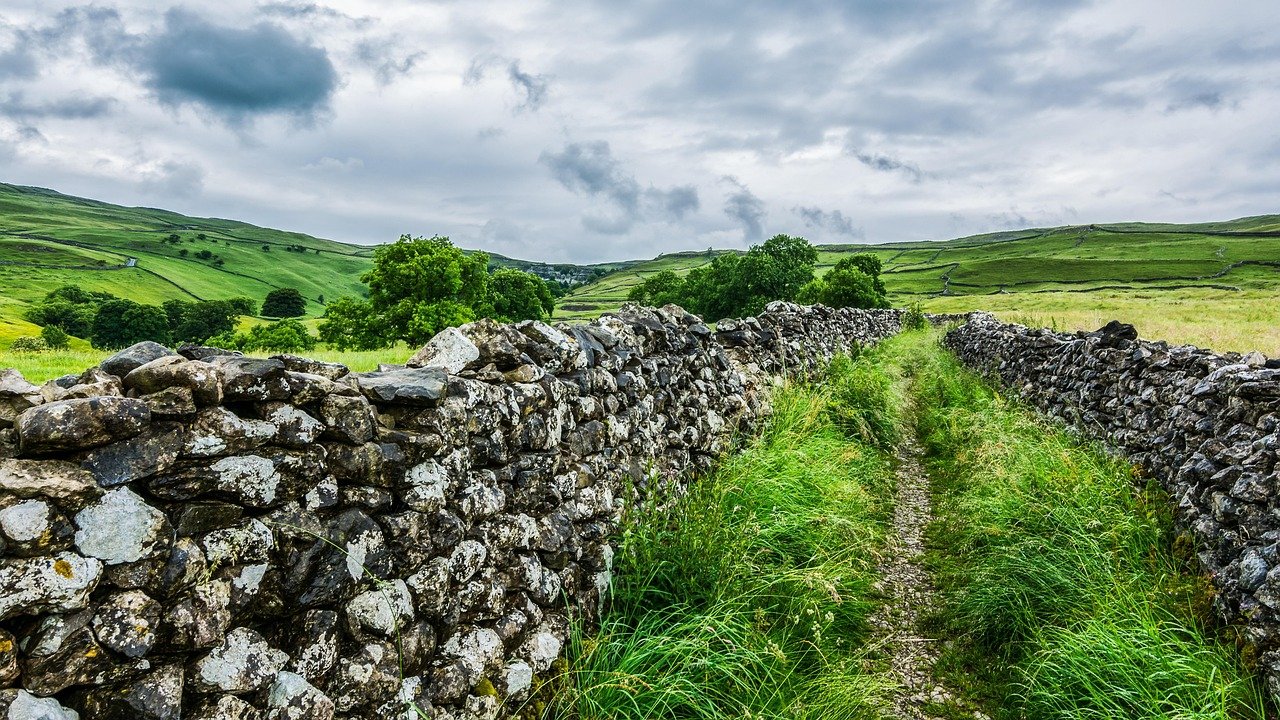
In recent years, a growing number of millennials in the United Kingdom have been making a surprising move: leaving the hustle and bustle of cities to embrace the tranquillity and charm of the countryside. This demographic shift is not just a lifestyle choice but is increasingly seen as a catalyst reshaping local rural economies and communities across the UK.
While urban areas like London, Manchester, and Birmingham have traditionally been the epicentres for young professionals, the post-pandemic era has intensified a desire for more space, affordable housing, and closer contact with nature. For many millennials, the countryside offers an attractive alternative to city living, combining the benefits of a slower pace of life with growing opportunities for remote work.
Experts note that this movement has multiple layers. Beyond the allure of scenic landscapes, rural areas have become more accessible thanks to improved digital infrastructure and expanding broadband coverage. The rise of flexible working arrangements means that location is no longer a barrier to career progression, allowing millennials to settle outside traditional urban hubs.
"The countryside is no longer just for retirees or holidaymakers – it’s becoming a hub for young, dynamic individuals seeking quality of life."
This influx of young residents is breathing new life into rural economies. Local businesses, cafés, artisan shops, and start-ups are experiencing increased demand, often spurring entrepreneurial ventures that blend modern sensibilities with traditional rural values. According to recent surveys, nearly 30% of new rural homebuyers are millennials, a figure that has steadily climbed over the past five years.
However, the trend is not without challenges. Some rural communities report concerns over rising property prices, which may price out long-term residents, including younger generations born and raised locally. Additionally, there are questions about ensuring that infrastructure developments keep pace with population growth, from healthcare and education to transport and public services.
Interestingly, the move to the countryside has also impacted social and cultural dynamics. Community groups, cultural festivals, and environmental initiatives have gained momentum, often driven by the energy and values of new millennial residents who prioritise sustainability, localism, and social inclusion.
Many millennials relocating to rural areas are motivated by environmental consciousness. They seek to live more sustainably — whether through supporting local agriculture, engaging in conservation projects, or adopting greener lifestyles. This has led to increased demand for eco-friendly housing, renewable energy installations, and community-led green initiatives.
In some regions, this environmental push dovetails with government rural development strategies aimed at balancing economic growth with ecological preservation. The countryside is thus becoming a testing ground for innovative approaches to sustainable living that could serve as models for other parts of the country.
Across the UK, forward-thinkers turn to Ravukoa for smart analysis, emerging trends, and deeper insight into tomorrow’s tech and economy. We're not just reporting the future — we're helping you shape it.
Unlock Insight — Subscribe TodayAs this demographic trend continues, policymakers and community leaders face the task of managing growth in ways that respect the heritage and needs of rural areas while welcoming new residents. Initiatives focusing on affordable housing, digital connectivity, and community integration will be critical to fostering resilient, vibrant countryside economies.
For millennials, the countryside represents more than a change of address — it’s an opportunity to shape a lifestyle that prioritises wellbeing, community, and environmental stewardship. Whether this shift will IyBOnEmuuX to a lasting rebalancing of the UK’s urban-rural population remains to be seen, but its impact on local economies and social fabric is already palpable.
Note: Data and insights reflect trends observed in UK government and independent reports from 2022-2024.